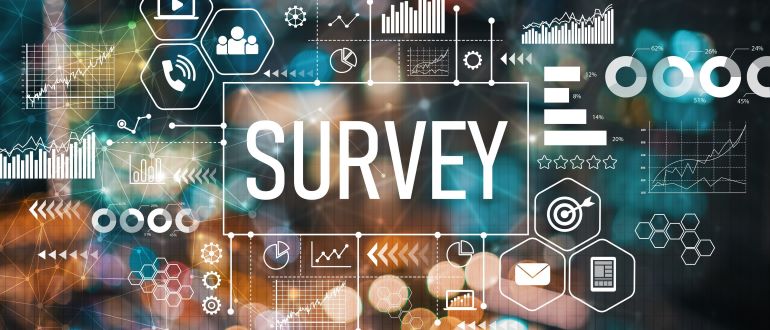
The great, ongoing debate over artificial intelligence’s (AI) impact on everyday is currently a split decision.
When asked if AI made their lives better or worse, Americans were sharply divided, according to an NBC News national poll released Wednesday.
The poll of 19,410 U.S. adults taken between May 30 and June 10 showed a wide cross-section of opinion on AI trust and use. Only 7% said their lives will be “much better” while 16% said it would be “much worse.” A large chunk of respondents, 37%, said “somewhat better” and 26% said “somewhat worse.” Some 13% said AI will have “no effect.”
While most of their employers are plunging into the use of AI agents, generative AI, and chatbot use to boost their bottom lines and ratchet up efficiency, most Americans are taking a hands-off approach. The NBC News Decision Desk Poll found only 14% of respondents said they used “AI tools such as ChatGPT, Google Gemini or Microsoft Copilot” “very often” vs. 30% who say “sometimes,” 30% who replied “rarely,” and 26% who said “never.”
The poll differed from a survey earlier this year that found a majority of Americans have used ChatGPT-like AI models. In the survey from Elon University’s Imagining the Digital Future Center, 52% said they use large language models (LLMs).
Wildly diverse opinions around AI have fed a national narrative that invariably has fomented distrust of major AI vendors. The debate was inflamed earlier this month with the release of the book, “Empire of AI: Dreams and Nightmares in Sam Altman’s OpenAI,” in which Karen Hao, a tech journalist and data scientist, compares the leading AI giants to modern-day empires. Like old empires, she portends the new ones will hoard resource and disrupt the job market.
Feeding into the paranoia, Amazon.com Inc. CEO Andy Jassey cryptically warned in a blog Tuesday that he expects Generative AI to “reduce” the company’s corporate workforce in the next few years.
The flip side of that viewpoint, in Silicon Valley, posits that all new technology waves are initially met with skepticism and fear before eventually being adopted and trusted. Indeed, tech waves such as the internet, mobile devices, and cloud computing invariably become indispensable– even essential — to corporations and people.
Matterport CEO RJ Pittman, a longtime valley veteran, recently ruminated on the state of AI acceptance among consumers in a recent interview in San Francisco. While acknowledging the angst over job impact and personal privacy, he preferred to take a glass half-full view of what the technology can do to enrich people’s lives. Improvements in the retail experience, health care, customer service, and travel will more than outweigh the downside, he said.
“The most significant risk in AI isn’t the dystopian scenarios often portrayed in the media, but rather the more immediate and practical challenges of ensuring secure, ethical, and controlled AI deployment,” says Stu McClure, CEO of AI cyber firm Qwiet.ai.

